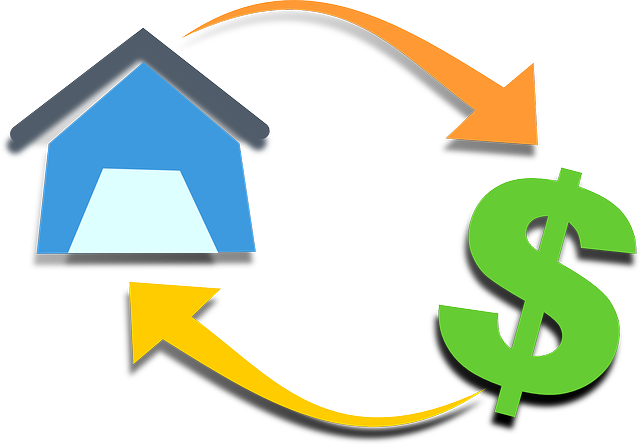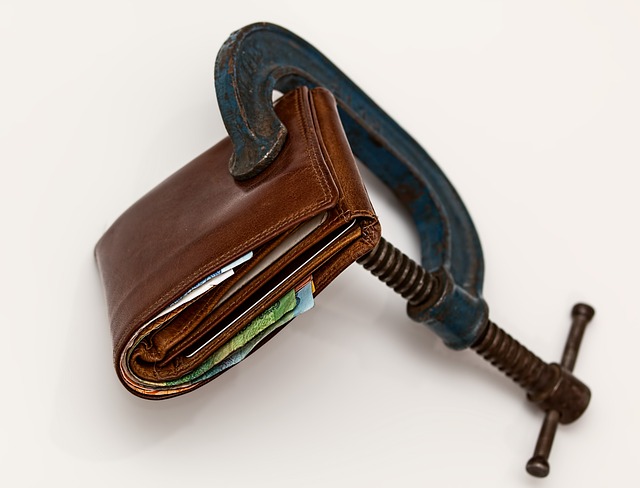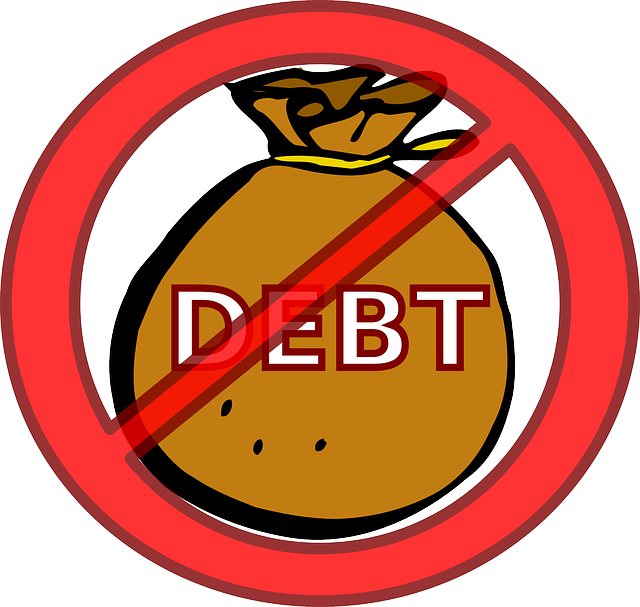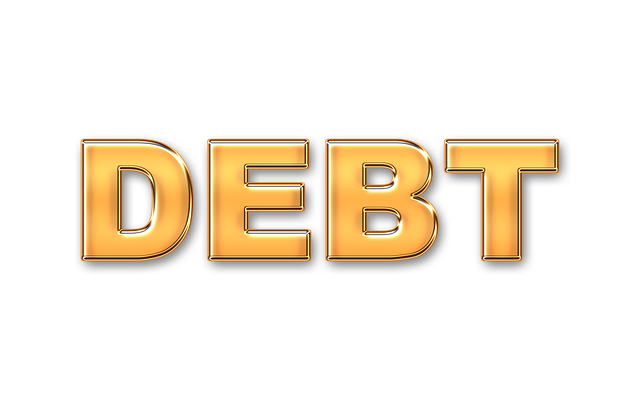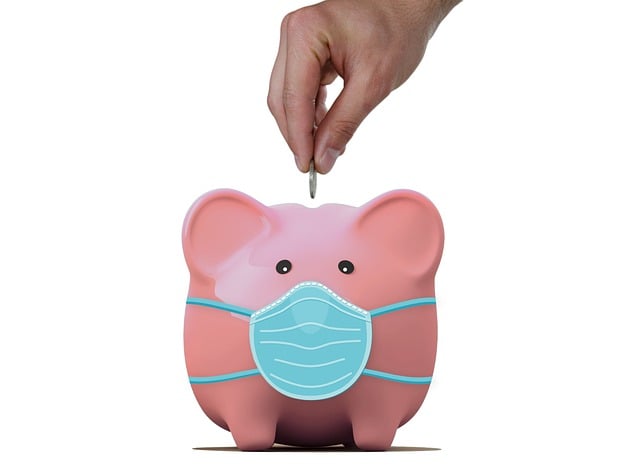Debt consolidation in South Africa simplifies multiple debts by transforming them into a single loan with lower interest rates and more manageable terms. It alleviates stress from multiple deadlines, benefits high-interest credit card balances or varied due dates, and aids in rebuilding financial stability. Individuals must meet eligibility criteria, including stable income and good credit history, when applying for debt consolidations loans or consolidation of debt. Weighing pros and cons of various loan types and comparison shopping among lenders is essential. The application process involves assessing financial situation, comparing options, providing documents, and waiting for processing. Effective management post-consolidation includes budgeting, prioritizing high-interest loans, monitoring credit score, avoiding new debt, utilizing counseling services, and building an emergency fund.
“In South Africa, managing multiple debts can be a challenging labyrinth. This comprehensive guide aims to illuminate the path to financial freedom through debt consolidation—a strategic approach to merging multiple loans into one. We’ll explore how this process simplifies repayment and potentially reduces interest rates. From understanding the concept and eligibility criteria to different loan types and the application process, we’ll equip you with knowledge. Additionally, we’ll offer tips for effective debt management post-consolidation, ensuring a successful financial journey.”
- Understanding Debt Consolidation: Unraveling the Concept and Benefits
- Debt Consolidation Loans in South Africa: Eligibility Criteria
- Exploring Different Types of Debt Consolidation Options
- The Application Process for Debt Consolidation Loans
- Managing Your Debt After Consolidation: Tips and Best Practices
Understanding Debt Consolidation: Unraveling the Concept and Benefits

Debt consolidation is a strategic financial move that involves combining multiple debts into a single loan with a lower interest rate and more manageable terms. This approach simplifies repayment by replacing several debt obligations with one, making it easier for borrowers to stay on track with their payments. By consolidating debts, individuals can reduce the overall interest they pay over time, which is especially beneficial when dealing with high-interest credit card balances or multiple loans with varying due dates.
The process offers several advantages, such as improved cash flow management, reduced stress associated with numerous repayment deadlines, and potentially better credit scores over time. In South Africa, debt consolidation loans have become a popular tool for individuals seeking to gain control of their finances. These loans can help manage debt more efficiently, allowing borrowers to focus on rebuilding their financial stability and achieving long-term monetary goals.
Debt Consolidation Loans in South Africa: Eligibility Criteria

In South Africa, individuals seeking debt consolidation loans need to meet certain eligibility criteria set by lenders. Firstly, borrowers must have a stable income source, such as employment or business revenue, to ensure they can repay the loan. This is crucial as it demonstrates the borrower’s ability to manage repayment obligations. Additionally, a good credit history is essential; while not all lenders require an impeccable record, a solid credit score increases the chances of approval and often secures better loan terms.
Lenders will assess the amount and type of existing debts, ensuring they are eligible for consolidation. This includes credit card debt, personal loans, and other unsecured debts. The borrower’s financial situation, including income, expenses, and existing debt obligations, will be thoroughly evaluated to determine the feasibility of consolidation and the suitable loan amount. Remember that transparency about one’s financial standing is key to a successful application for debt consolidations loans in South Africa.
Exploring Different Types of Debt Consolidation Options
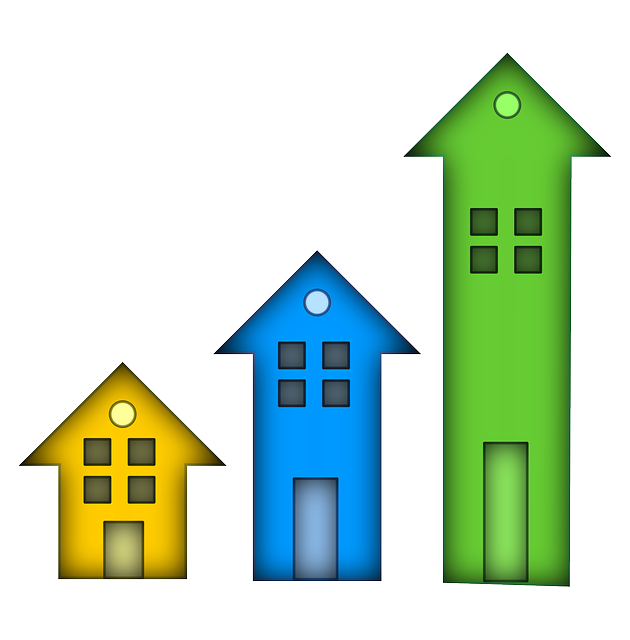
When considering debt consolidation in South Africa, it’s crucial to understand that not all options are created equal. There are several types of debt consolidations loans available, each with its own set of benefits and drawbacks. For instance, secured loans require collateral, usually in the form of property or vehicle, which offers lower interest rates but poses a risk if you default. Unsecured loans, on the other hand, don’t require any collateral, making them easier to access but often come with higher interest rates.
Additionally, personal loans from banks and credit unions are common debt consolidation choices. Banks typically offer competitive rates, but approval depends on your credit score. Credit union loans might have more flexible terms and lower fees, appealing to those who prefer cooperative financial institutions. Other options include debt settlement plans, where a third-party negotiates with creditors for reduced payments, and debt management programmes that help you create a budget while negotiating with lenders.
The Application Process for Debt Consolidation Loans

Applying for a debt consolidation loan in South Africa is a straightforward process designed to help individuals regain control over their finances by streamlining multiple debts into one manageable loan. The first step involves assessing your current financial situation and determining how much you can afford to borrow. This includes evaluating all outstanding debts, calculating your monthly income, and understanding your expenses. Many lenders offer online tools or calculators to assist with this evaluation.
Once you have a clear idea of your budget, the next phase is to research and compare different debt consolidation loan options available in South Africa. Different lenders may have varying interest rates, repayment periods, and eligibility criteria. It’s crucial to read the fine print and choose a lender that aligns with your financial goals. You can apply for these loans through online platforms or by visiting a bank or credit union physically. Lenders will require specific documents, such as proof of identity, income statements, and details of existing debts. After submitting your application, expect a processing period during which the lender assesses your eligibility and terms.
Managing Your Debt After Consolidation: Tips and Best Practices

After successfully consolidating your debt, managing it effectively is crucial to avoid falling back into financial strain. A key strategy is to create and stick to a detailed budget that allocates funds for essential expenses, repayments, and savings. Prioritize paying off the consolidated loan first, focusing on higher-interest debts to minimize overall interest charges. Regularly monitor your credit score, ensuring it improves as you make timely payments; this can be a motivator and a sign of financial progress.
Additional best practices include avoiding new debt accumulation and considering additional measures like negotiating lower rates with creditors or taking advantage of financial counseling services for personalized guidance. Building an emergency fund is also valuable to prevent future debt; aim to save 3-6 months’ worth of living expenses. Lastly, stay patient and consistent—debt consolidation is a journey, and continuous effort towards financial discipline will lead to long-term success.


